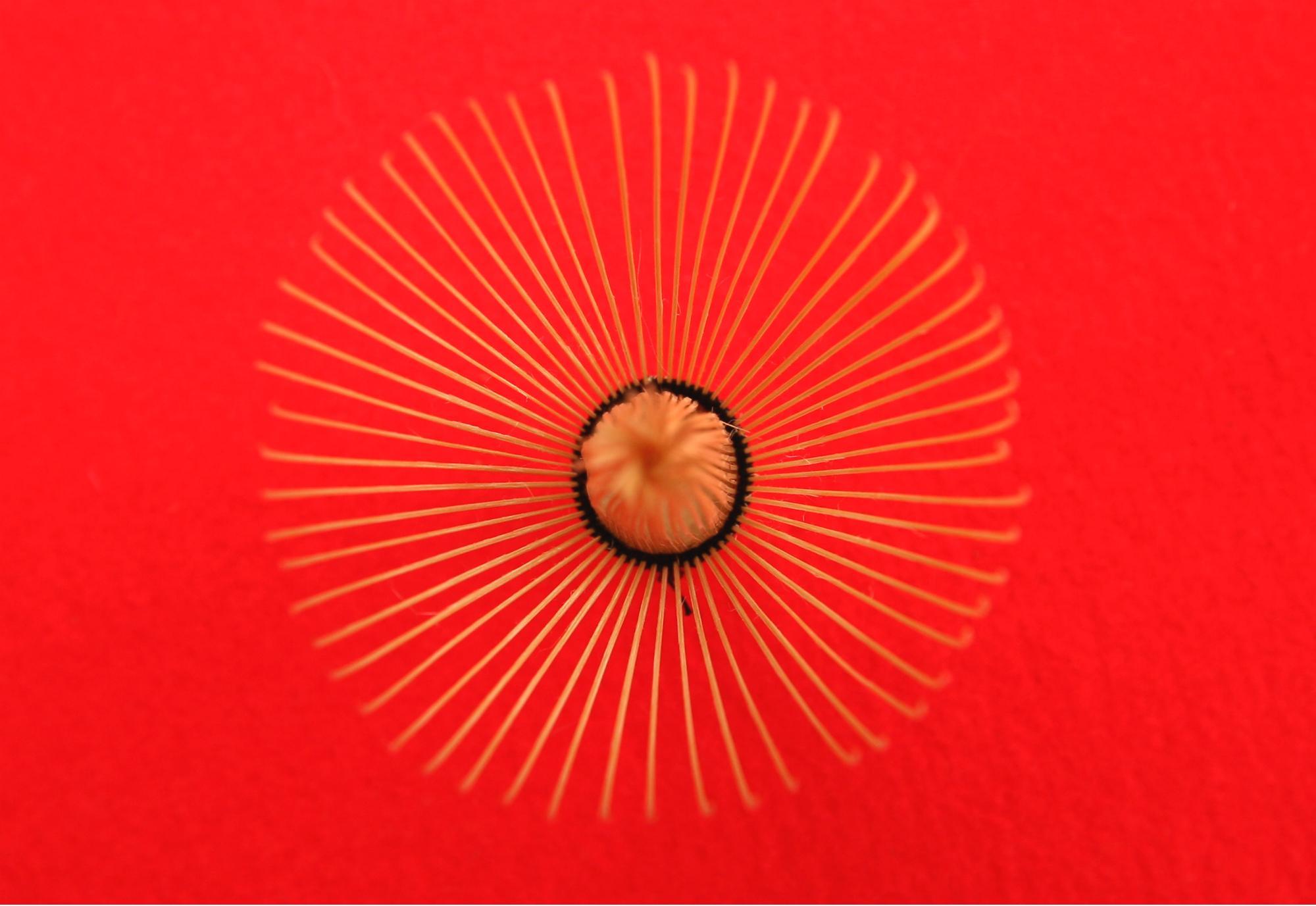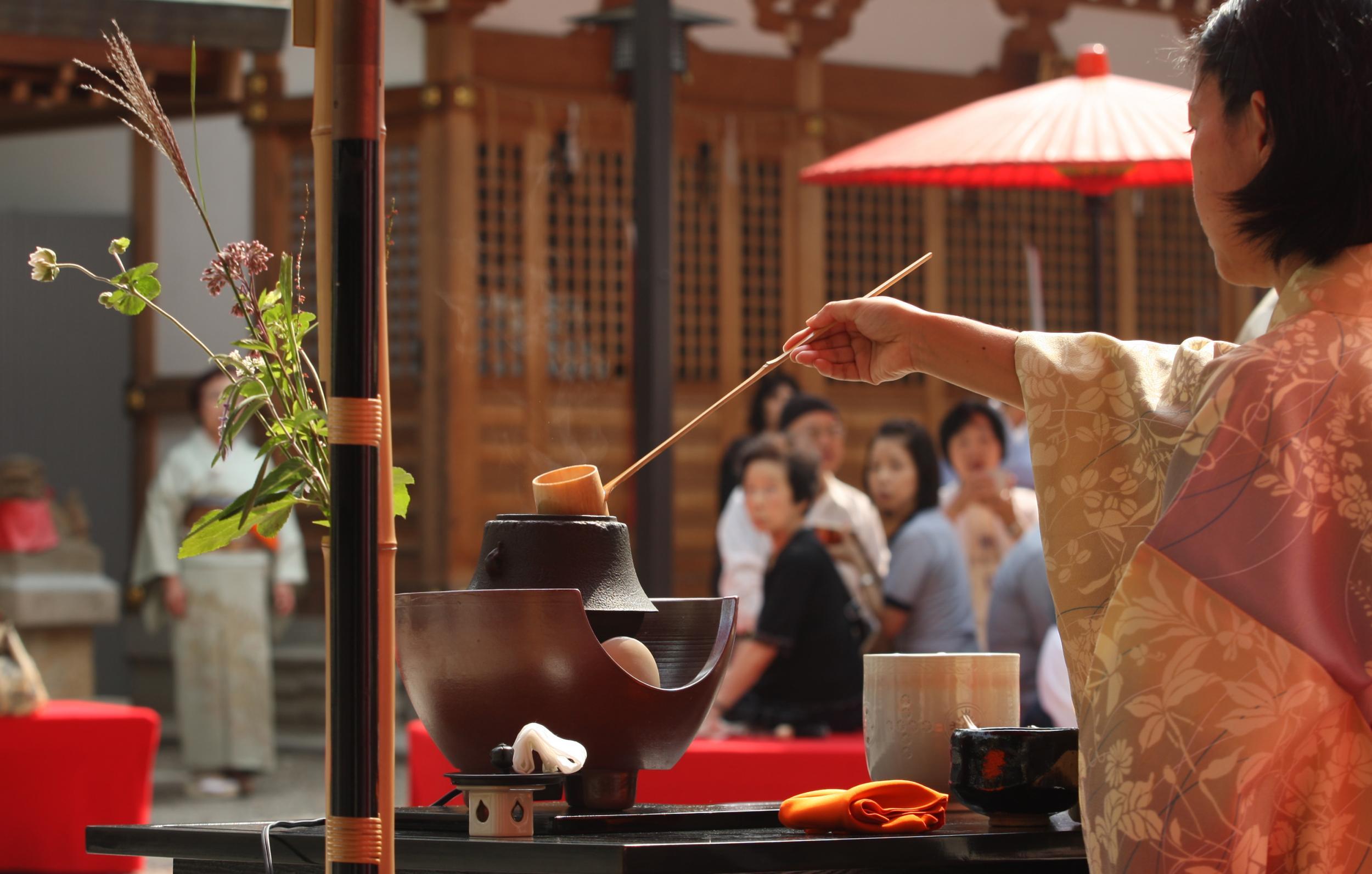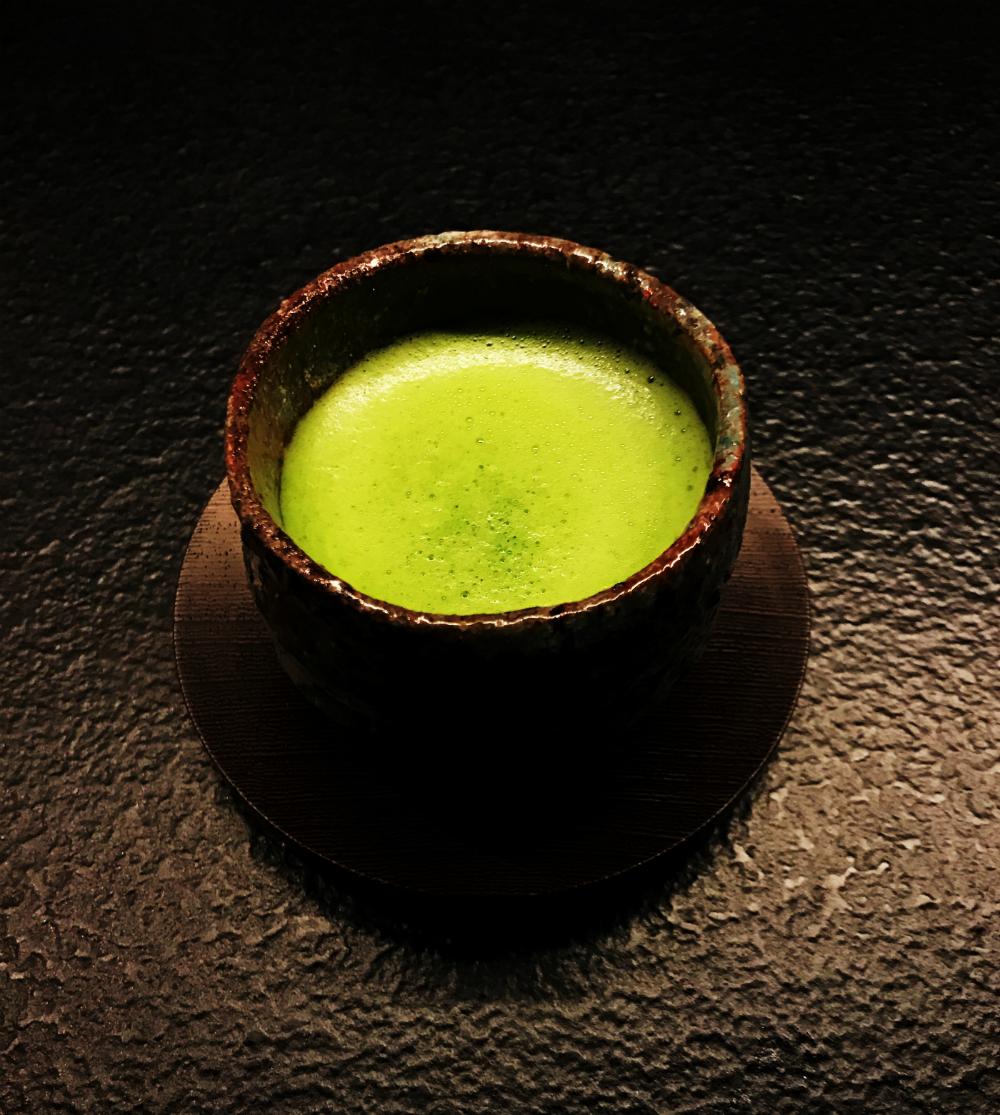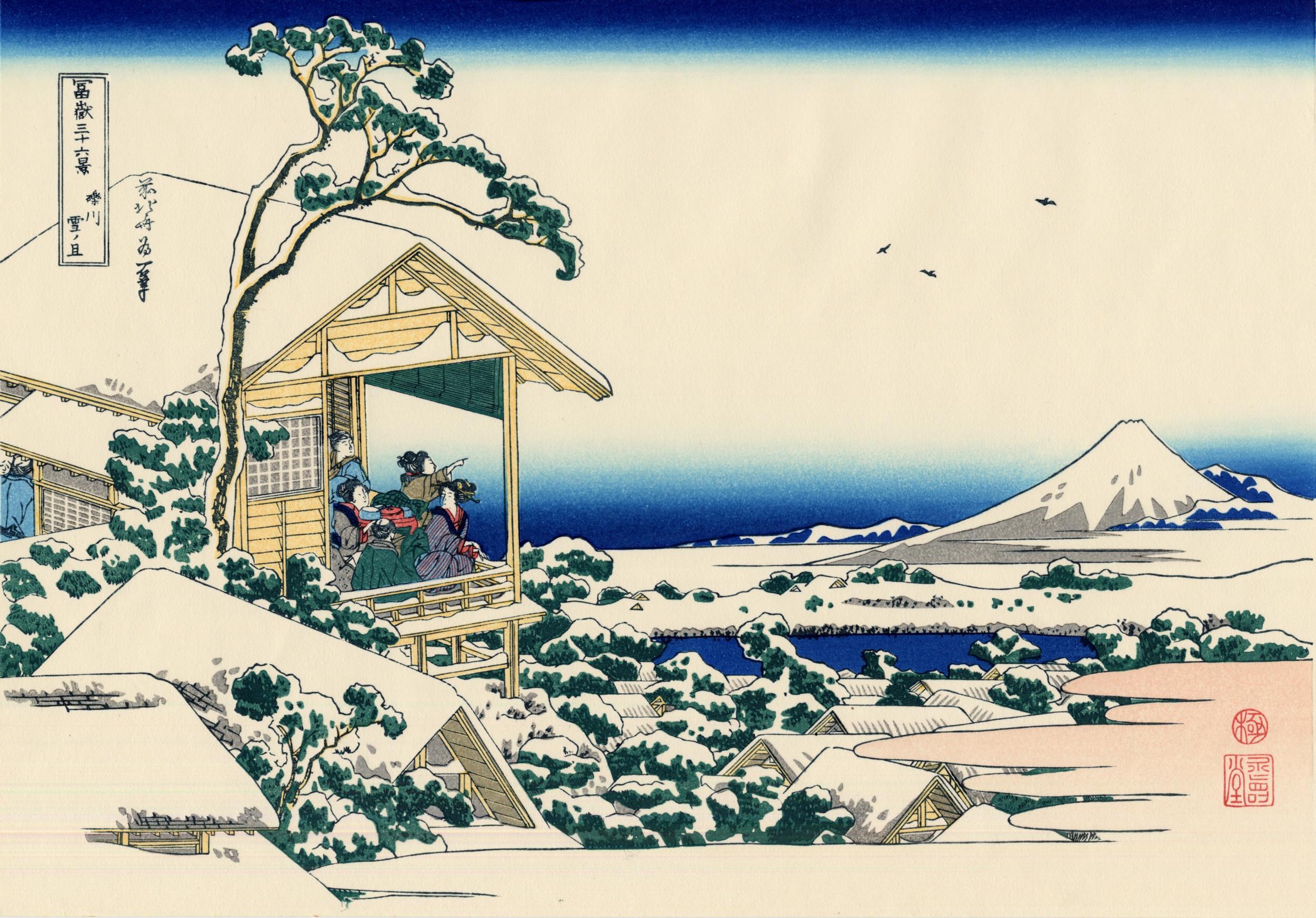Japan, and tea as a ritual of refinement

Every day before he meditated, Confucius would straighten his mat. It was a ritual that on the surface of it served no real purpose, at least not a physical one, but in realigning his mat the philosopher realigned his mind, establishing a new cerebral space that would prepare him for the activity ahead.
Travelling around Japan recently, I was struck by the reverence for tea - such a simple and humble drink - and how this permeated culture, conversation and cuisine. Tea with meals, tea in shops, tea as a welcome; even the hotel rooms and ryokans I stayed in always had the means to make tea in, it clearly being a greater necessity than a television or a telephone.
Matcha is specifically the tea of choice and has an importance surrounding it not dissimilar to holy water. Its bitter and intense flavour and vivid green colour has made it ideal for cooking, be it in matcha mochi, jellies, soba noodles, green tea ice cream or the myriad matcha-infused confectionery.


The Japanese tea ceremony (sometimes called the Way of Tea) is the most formal and elegant way to enjoy it, however, chadō being one of the three classical Japanese arts of refinement alongside kōdō (incense appreciation) and kadō (flower arrangement). I'm not a religious person, but taking part in one at the Hoshinoya in Tokyo was a very moving and spiritual experience.
It's all about entering an altered state of mind, taking one's time and appreciating the minute or even mundane. Dressed in a kimono and yukata respectively (which required a whole other course on how to wear it and move around in it in a refined manner) my host and I bow to each other before settling on the tatami floor. A stone basin nestled into the mats has hot water drawn from it and thick mocha tea is prepared from powder (so you are technically eating it too), using a variety of simple but elegant utensils including a tea scoop, bamboo whisk (chasen) and tea bowl.

One always makes tea for another person, never for oneself, and, after several minutes of preparation I am invited to pick up the bowl, rotate it 90 degrees so as not to drink from the front and put it to my lips, finishing the last sip with an encouraged 'fffttthhhhhhppp'.
This was a relatively low key ceremony - formals ones, called chaji, can go on for up to four hours and involve entering a tea room through a small "crawling-in" door (nijiri-guchi) - and yet it had a mentally soothing effect that surpassed that of lying on a beach or sitting on a mountain. My host confessed to me that tea ceremonies are in decline in bustling cities like Tokyo and people are increasingly less likely to hold them when they have friends over to their homes as, to the uninitiated, it could be an awkward experience, but I hope it is a tradition that persists.
Drifting between Tokyo, Takayama, Kyoto and Osaka I realise my unusually religious appreciation of tea wherever I encounter it lies in its inherent simplicity. It is not about worshipping a god but worshipping the bowl of nature in front of you itself, and I'm left thinking that taking a more considered approach to our days' quieter moments might help in finding happiness in this increasingly chaotic, overwhelming world.

Want to try matcha tea and other Japanese delicacies for yourself? Japan Airlines is offering the chance to win a number of foodie trips to Japan - you can enter the competition here.
Join our commenting forum
Join thought-provoking conversations, follow other Independent readers and see their replies
Comments
Bookmark popover
Removed from bookmarks